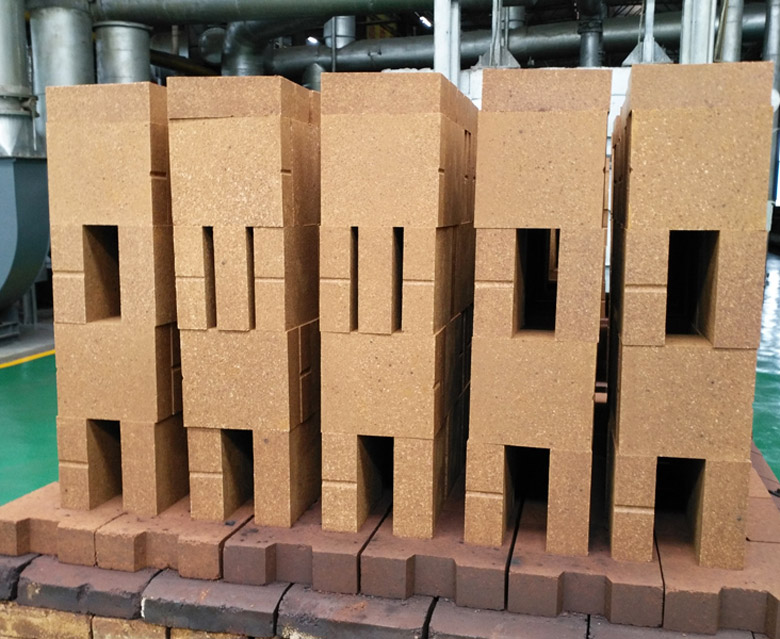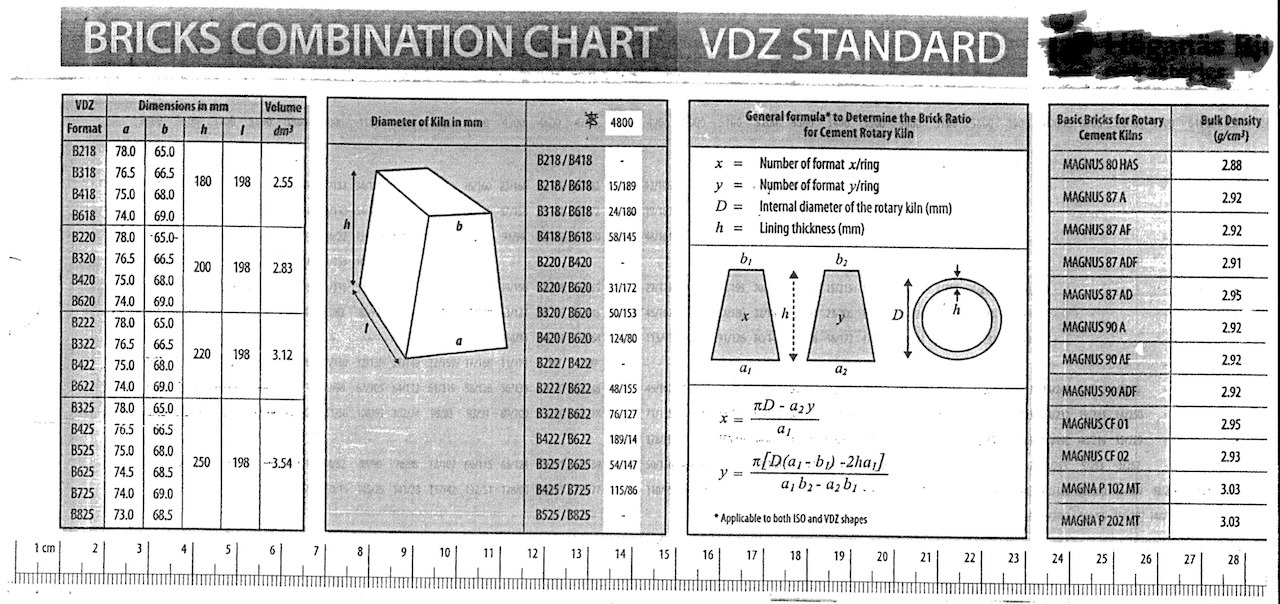What is the Use of Magnesia in Brick?
Sep 04, 2024Magnesia bricks, commonly known as magnesite bricks, are an essential component in various high-temperature industrial processes. These bricks are primarily composed of magnesia (MgO), a material renowned for its exceptional heat resistance, durability, and ability to withstand corrosive environments. But what exactly is the use of magnesia in brick, and why is it so vital in industries such as steelmaking, cement production, and glass manufacturing? This article explores the crucial role magnesia plays in refractory bricks and the benefits it offers.
Magnesia, or magnesium oxide (MgO), is derived from the naturally occurring mineral magnesite. With a melting point of approximately 2,800°C (5,072°F), magnesia is one of the most heat-resistant materials available, making it ideal for applications where extreme temperatures are common.
The production of magnesia involves the calcination of magnesite at high temperatures, resulting in a material that is not only heat-resistant but also chemically stable. This makes magnesia an excellent choice for use in environments where the brick will be exposed to corrosive substances, such as slags in steelmaking.
Magnesia is used in bricks primarily for its ability to enhance refractoriness, improve resistance to chemical corrosion, and provide structural strength in high-temperature environments. Below are the key uses of magnesia in refractory bricks:
The most significant use of magnesia in bricks is to enhance their refractoriness. Refractoriness refers to a material's ability to withstand high temperatures without melting or degrading. Magnesia bricks, with their high melting point, are ideal for use in industries that operate at extreme temperatures, such as steelmaking, where furnaces can reach temperatures of up to 1,700°C (3,092°F).
By lining furnaces and kilns with magnesia bricks, industries can ensure that these structures maintain their integrity under intense heat, thereby protecting the furnace and ensuring continuous production.
In many industrial processes, the environment within a furnace or kiln can be highly corrosive. For example, in steelmaking, the interaction between molten metal and the furnace lining can produce slags that are acidic or basic in nature. Magnesia, being a basic oxide, offers excellent resistance to basic slags, making it the preferred material for lining furnaces in these settings.
The use of magnesia in bricks ensures that the refractory lining remains intact and resists erosion caused by corrosive substances. This not only prolongs the life of the furnace lining but also helps maintain the purity of the metal being produced by preventing contamination from the lining material.
Magnesia bricks are known for their superior structural strength, which is critical in applications where the bricks are subjected to mechanical stress and abrasion. This is particularly important in rotary kilns and other environments where the bricks are exposed to constant movement and wear.
The compressive strength of magnesia bricks ensures that they can withstand the physical demands of high-temperature processes, reducing the need for frequent maintenance and replacement. This durability translates to lower operational costs and increased efficiency for industrial operations.
Magnesia also plays a vital role in supporting the thermal conductivity of bricks. This property is essential in ensuring that heat is evenly distributed throughout the furnace or kiln, minimizing thermal stress and preventing cracks or other forms of structural damage. In industries such as glass manufacturing, where precise temperature control is necessary, the use of magnesia bricks helps maintain consistent thermal conditions, contributing to the quality and efficiency of production.

Magnesia bricks are utilized across a wide range of industries due to their unique properties. Here are some specific applications:
In steelmaking, magnesia bricks are used to line furnaces, converters, and electric arc furnaces (EAFs). Their resistance to high temperatures and basic slags makes them ideal for this application, ensuring that the furnace lining remains durable and effective throughout the steel production process.
Rotary kilns used in cement production operate at extremely high temperatures, and magnesia bricks are commonly used to line these kilns. The bricks' ability to withstand high temperatures and resist the corrosive effects of cement clinker ensures the longevity of the kiln lining.
In the glass industry, magnesia bricks are used in the construction of glass tank furnaces. These furnaces require materials that can endure the high temperatures needed to melt glass while resisting chemical attacks from the molten glass itself. Magnesia bricks provide the necessary durability and thermal stability for this application.
Magnesia bricks are also used in non-ferrous metal processing, where they line furnaces used for melting and refining metals such as copper and aluminum. The bricks' resistance to high temperatures and chemical corrosion makes them suitable for these demanding environments.
As an experienced manufacturer and exporter of refractory materials, we understand the importance of quality in magnesia bricks. The performance of these bricks in high-temperature industrial applications is directly linked to the quality of the raw materials and the precision of the manufacturing process.
Raw Material Selection: We use only the highest quality magnesite in our production process, ensuring that our magnesia bricks meet the stringent requirements of industrial applications.
Customization: We offer customized solutions to meet the specific needs of our clients. Whether you require bricks with particular dimensions, compositions, or thermal properties, our team can work with you to develop a product that meets your exact specifications.
Quality Control: Our production process includes rigorous quality control measures, from raw material selection to final product testing, ensuring that our magnesia bricks deliver consistent performance in the most demanding environments.
Magnesia plays a crucial role in the manufacture of refractory bricks, providing the necessary heat resistance, chemical stability, and structural strength required for high-temperature industrial processes. Whether in steelmaking, cement production, or glass manufacturing, magnesia bricks offer the durability and performance needed to withstand the most extreme conditions.
As a leading manufacturer and exporter of magnesia bricks, we are committed to providing high-quality refractory solutions that meet the needs of our clients worldwide. For more information on our magnesia bricks and how they can benefit your operations, please visit our product page.
